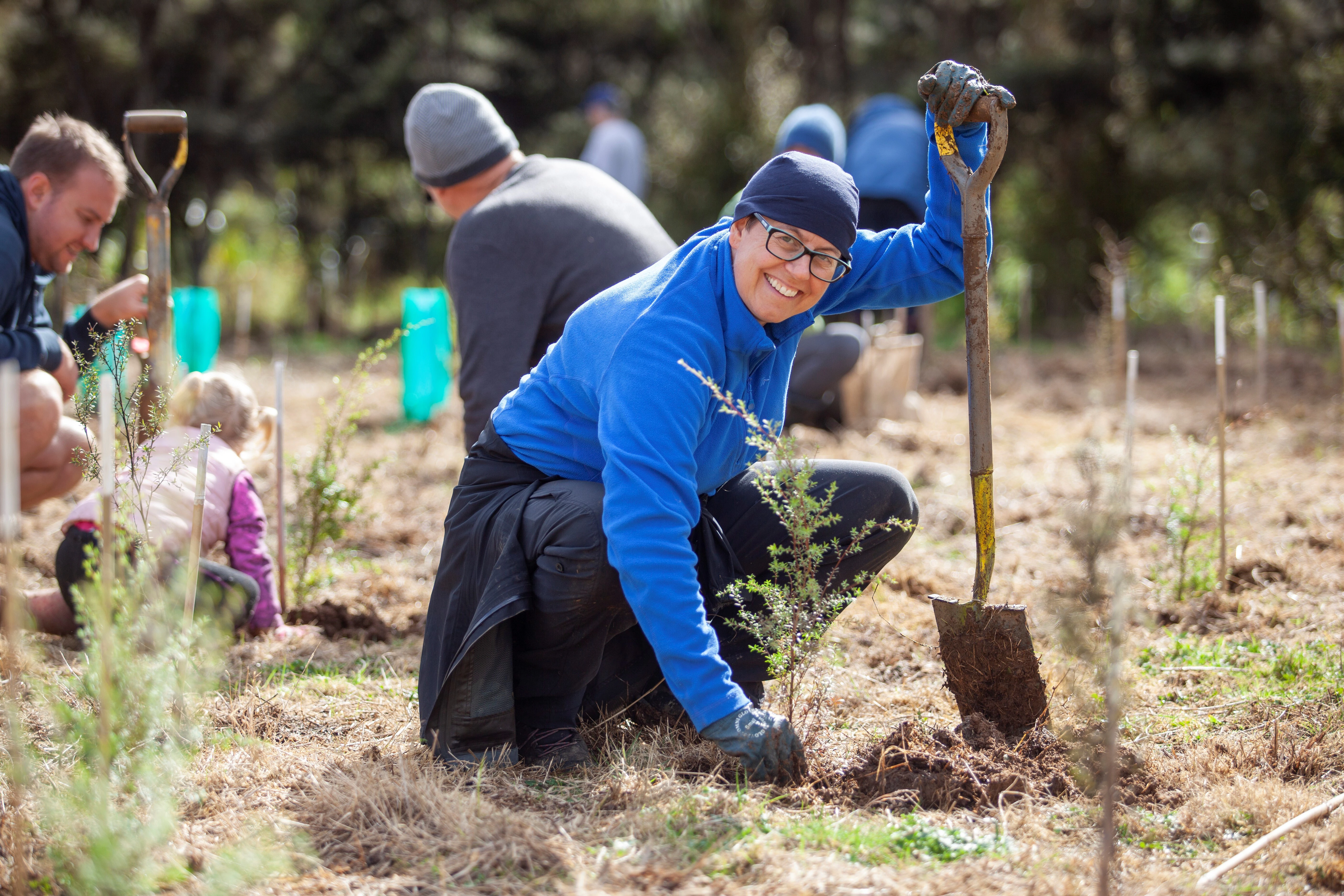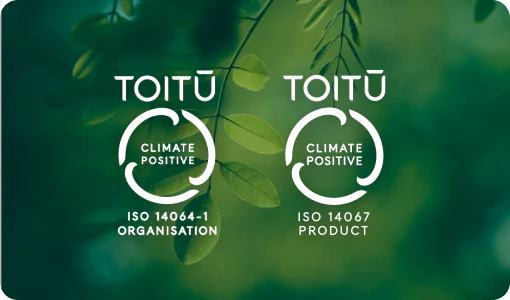How to work out if a solar energy system will give you a return on your investment
29/04/2025

Installing a solar energy system can seem like a big upfront investment, so how do you know if it’s really going to be worth it? We’ve summed up the key factors to take into account when working out whether solar will provide a good return on investment (ROI) for the outlay you need.
Power prices
A solar energy system will start producing energy for your home from the moment it is turned on. This means you will no longer be purchasing all your energy from the grid. Power prices increase most years, so by having a solar energy system you won’t be as susceptible to these increases as your roof can generate a portion of energy for your home. Unlike increasing power prices, the cost of your solar energy system is a fixed one-off payment. It’s estimated that in 7-8 years, you will pay back your solar energy system through the savings on your power bill.
Solar power buy back rates
To get the best ROI from a solar system, try use as much of the energy being generated in your home as possible. If you can use 50% or more of the solar energy you generate, you will be off to a sunny start. An easy way to do this is by using timers on key appliances like your washing machine or dryer, to use solar energy as it’s generated. When you do export energy, make sure to pick a plan that is best suited for a solar setup as this will ensure you get paid increased rates for the times when solar will make the biggest impact to the grid.
At Ecotricity, our ecoSOLAR plan means you are charged Time of Use rates for the energy you export. This means your export is broken into peak and off-peak pricing periods. Peak periods are on weekdays from 7-11am and 5-9pm, when there is the most demand for energy. During peak periods you will be paid 21c/kWh (plus lines, network charges and GST) for any solar you export, while the rest of the time you will receive off-peak rates of 16c/kWh (plus lines and network charges and GST).
Lifespan of a solar energy system
A solar energy system has a life expectancy of up to 30 years. This means you can expect the solar panels to generate energy for at least 25 years. This is an important factor when figuring out the initial outlay for the system, versus how much energy they generate and how long they are operational for.
Energy loan from your bank
Many banks are now offering an energy loan or a green loan at a low interest rate to encourage installation of solar systems. This is an affordable way to install a solar system as you get the benefit of the solar generation while paying it off at a rate of approximately 1% over a 3 year period. This can be added to most mortgages, just talk to your bank to find out what they are able to offer your home.
Understanding return on investment calculators
Most solar installers will use some consistent calculations to work out your home's solar savings. You can often find calculators on their website, which will give you an initial indication of what your savings will look like. This normally takes some of the following factors into account:
Location – where you are based will dictate how many sunshine hours the region gets and how much sunshine your system is likely to generate
Roof angle – your roof angle directly impacts the amount of sunlight the panels receive throughout the year
System size – the size of the solar system you need is calculated off the amount of energy you use in your home. This can normally be calculated from your average monthly power bill.
Self-consumption – the amount of solar energy being generated that you can use in your home. Solar installers normally have an assumed self-consumption rate that they use in their calculations.
From here, our partners will be able to work your approximate savings in year one and over a 25 year period. You will be able to see your return on investment, as well as the number of years it will take to pay the solar system back.
To get started on your solar journey, check out our solar partner page here. Get connected with your local solar installer, understand what kind of system would be suited to your home and what the payback will look like.







